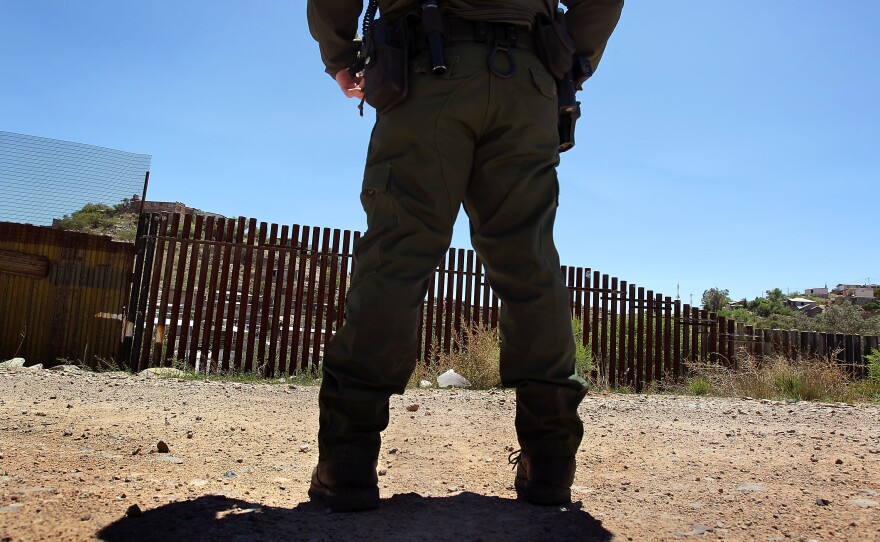The U.S. Border Patrol is getting back to its roots. The nation’s first line of defense against illegal immigration will be closing nine interior stations within six months.
They include one in Riverside, Calif., and six in Texas, among them major hubs like San Antonio and Dallas. The other two are near the Canadian border.
Most of these stations have been around for decades, with the mission of backing up agents at the border by helping catch illegal immigrants that make it through.
The stations are typically small operations and many are located far from the border. For example, Amarillo is a two-agent office in the Texas panhandle located about 450 miles from Mexico.
Despite the inland retreat, the agency pledged to continue helping out local officers with immigration issues.
“The Border Patrol is going to continue to actively share intelligence and information with our law enforcement partners in the interior,” said Bill Brooks, a spokesman for the agency. “So we’ll do all we can to assist them, but there will not be a Border Patrol presence in their communities.”
In all, the move will affect 41 agents, who will be relocated to different spots along the southern border.
Brooks said the agency conducted a year-long internal review of inland operations and designated these nine stations as the first to go. He said the review determined the agents were better suited working at the border.
He also noted that the policy shift follows a decision made last year to transfer all inland immigration enforcement matters to the Border Patrol’s sister agency, U.S. Immigration and Customs Enforcement.
Though there has been no public announcement of the station closings, word is quickly spreading and loud critics are making themselves known. From local, county and state law enforcement to politicians, the move is being derided as critically flawed.
Skepticism was also voiced by the Border Patrol agent’s union, the National Border Patrol Council.
“I think it’s a major mistake for them to be pulling out of there,” said George McCubbin, the union president. “It sends the wrong message to those that want to continue committing illegal crimes that there’s no Border Patrol presence there.”
And these nine closings are just the beginning, McCubbin warned. He expects many further “deactivations,” in official agency parlance — up next may be Albuquerque and Midland, Texas.








